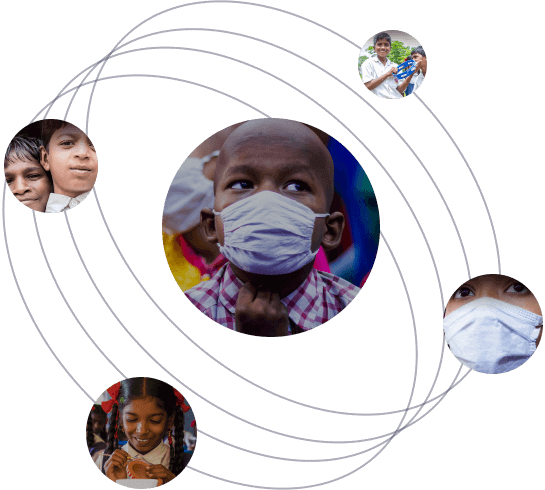What is oral cancer
Oral cancer is a type of cancer that affects the mouth and
throat area, and it is a serious health concern
that affects many people around the world.
One of the highest oral cancer incidences is found in India, with India contributing approximately 30% of all
new cases globally and accounting for one-third of the global burden of oral cancers. Oral cancer is the most
common cancer among Indian males and third most common cancer in Indian women and leads to 22.9% of all
cancer-related deaths in India.
According to the Global Adult Tobacco Survey (2016-17), the percentage of adults who were current smokeless
tobacco users in India was 21.4% with
a 29.6% prevalence in males and 12.8% prevalence in females. In a study
by Sinha et al., it was found that 33.5% of Indian
smokeless tobacco users had no formal education.
Two other
studies conducted in India reported a significantly higher smokeless tobacco use in populations from lower
socio-economic strata.
Prevention and Early Detection
The good news is that there are several things you can do to reduce the risk of oral cancer.
First and foremost, avoid tobacco and alcohol use, and maintain good oral hygiene
by brushing and flossing regularly. You can also reduce your risk by eating a food of the non-irritating
temperature and of the less inflammation provocative content — less spicy and less acidic.
Early detection is key to successful
treatment of oral cancer, so it is important to be aware of the symptoms and to have regular oral visual
examinations by a healthcare provider.
You can also perform a mouth self-examination by using a mirror to check the inside of your mouth
for any abnormal patches, ulcers, or growths.
Improving cancer screening services and reducing inappropriate testing requires
changing community behavior and making screening services available in a timely manner. It also involves
training health care providers to screen for common cancers, developing a good referral network
for patients
who screen positive, and empowering them to provide education on overall oral health. An oral health screening
program can provide an opportunity for oral health professionals to screen for various conditions and
promote
regular dental visits for ongoing care.



